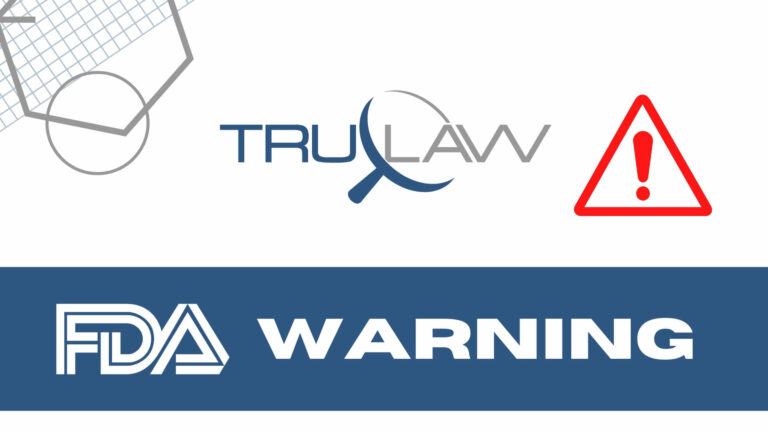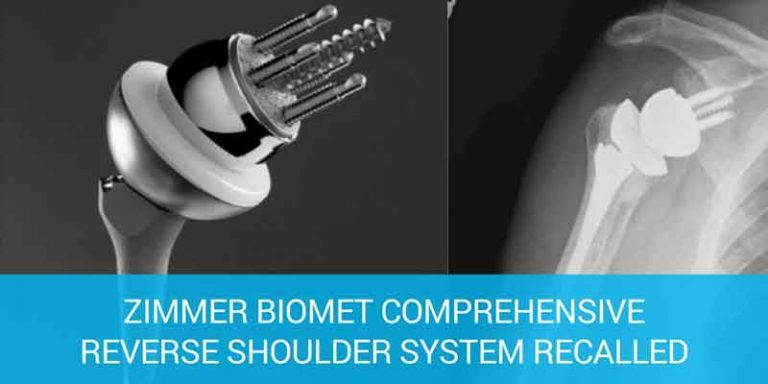
FDA warns – 20 oz packages of King Kullen Broccoli Cutlets with Bread Crumbs and Parmesan recalled
According to the FDA, 20-ounce packages of “King Kullen Broccoli Cutlets with Bread Crumbs and Parmesan” have been recalled by New Haven, Connecticut-based Gracie’s Kitchen due to the potential presence of undeclared sesame and wheat. Individuals who live with allergies to either allergen are advised


